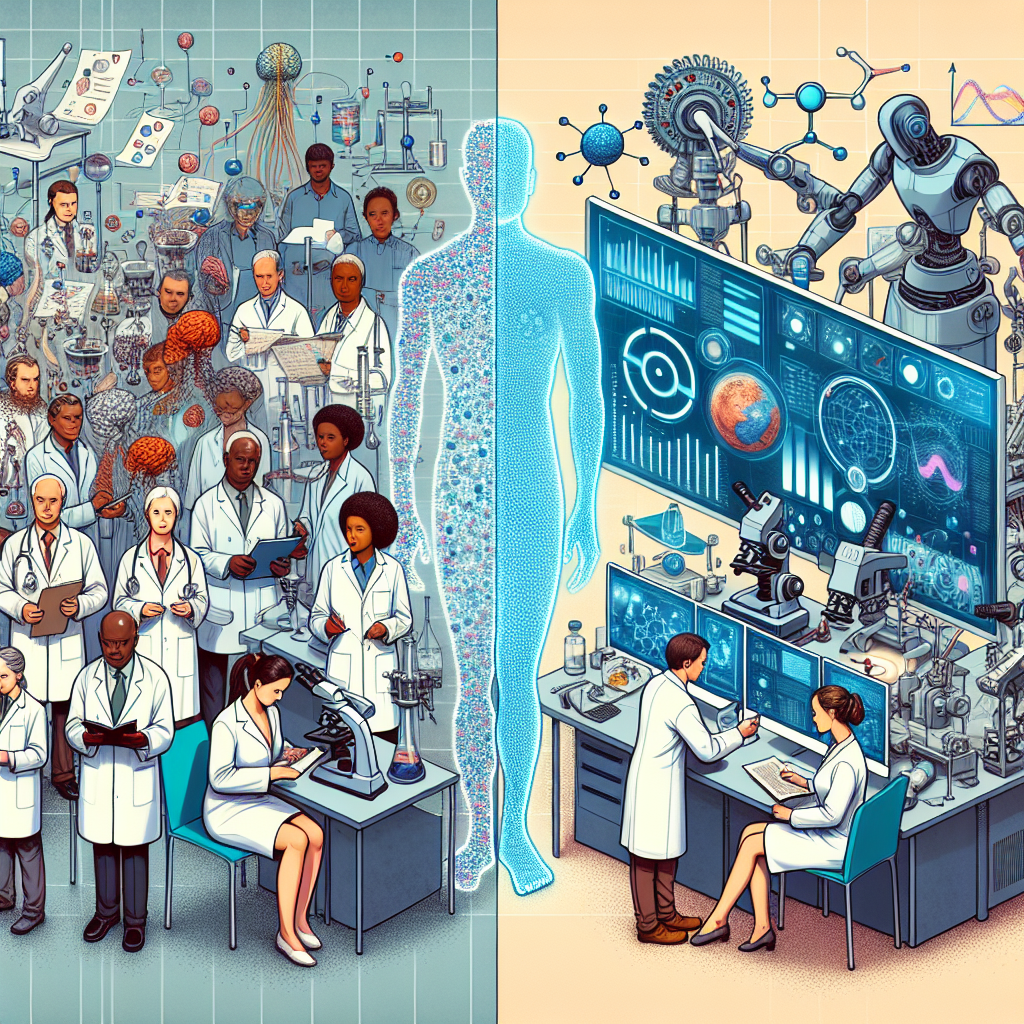AI Revolutionizing Scientific Research Today
In 1997, IBM’s Deep Blue beat world chess champion Garry Kasparov—a moment that many remember as the dawn of AI’s real-world capabilities. Fast forward to today, and the same intelligence is no longer playing games. Instead, it’s accelerating vaccine trials, decoding genomes in record time, and predicting climate anomalies with surgical precision. AI revolutionizing scientific research today is not just a futuristic idea; it’s unfolding in research laboratories and data science departments around the world.
Redefining Discovery Through Data
Modern scientific research is overflowing with data—terabytes from telescopes, gene sequencers, and experimental sensors. Until recently, the bottleneck wasn’t acquiring this data, but understanding it. Artificial Intelligence has become the key to unlocking insights hidden within these datasets.
Machine Learning (ML) models can sift through millions of variables to identify trends and patterns that might take a human team years to spot. In fields ranging from genomics to astrophysics, AI is now integral to identifying phenomena, making predictions, and even generating hypotheses.
Examples in Action
- Healthcare Research: AI is aiding in drug discovery by simulating compound-reaction models faster than any laboratory could.
- Climate Science: Deep learning models analyze satellite and sensor data to predict climate trends and help model interventions.
- Particle Physics: At CERN, AI algorithms identify rare particle collision events from petabytes of data.
Changing the Scientific Method
The traditional scientific method—hypothesis, experimentation, observation—has remained unchanged for centuries. But AI introduces a new paradigm: hypothesis generation by data. Instead of researchers positing ideas and testing them, AI can suggest potential relationships and anomalies worth exploring.
This inversion saves critical time and allows researchers to focus on designing experiments to validate AI-generated leads, drastically accelerating the pace of discovery. Labs that integrate AI into their scientific process not only speed up outcomes, they often increase accuracy and reduce costs.
Real-Time Analysis and Collaboration
AI’s value is not confined to isolated labs. Cloud-enabled platforms power real-time, collaborative research globally. Scientists working on pandemics can now aggregate data, run predictive models, and share discoveries almost instantaneously thanks to AI-driven platforms.
Cloud-based AI tools like Google’s DeepMind or IBM’s Watson are enabling interdisciplinary collaboration—biologists, chemists, and data scientists are now working as cohesive units, redefining how scientific teams operate.
Ethical Considerations and the Path Ahead
While the advantages are groundbreaking, ethical considerations around AI-use in science are growing. Bias in data inputs, black-box AI models, and reproducibility of AI-generated hypotheses are all critical issues being addressed by the global scientific community.
Organizations like the Allen Institute are leading the way in promoting responsible, transparent AI use in research. According to a report from Nature, collaboration between scientists and AI ethicists is becoming standard practice in cutting-edge labs.
Conclusion
From redefining the scientific method to accelerating timelines and enriching global collaboration, AI revolutionizing scientific research today is not just a trend—it’s a transformation. As researchers integrate AI deeper into their workflows, the next generation of discoveries will emerge faster, more precise, and more inclusive than ever before.

